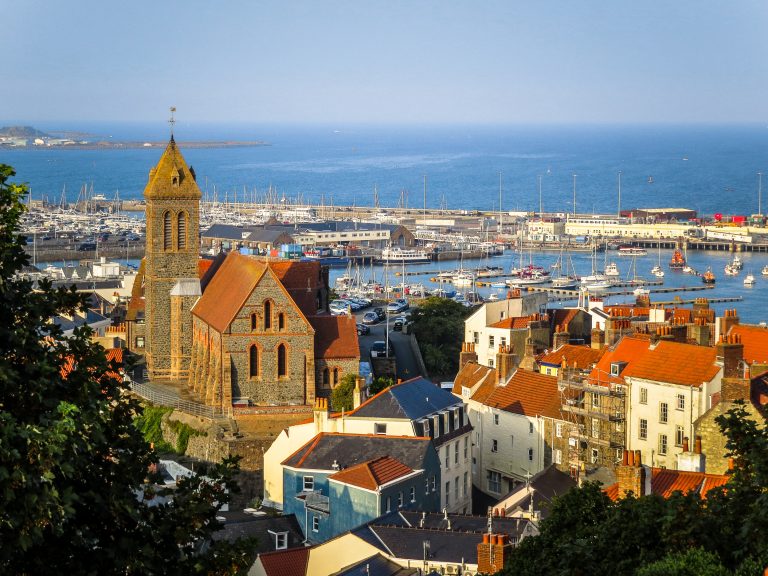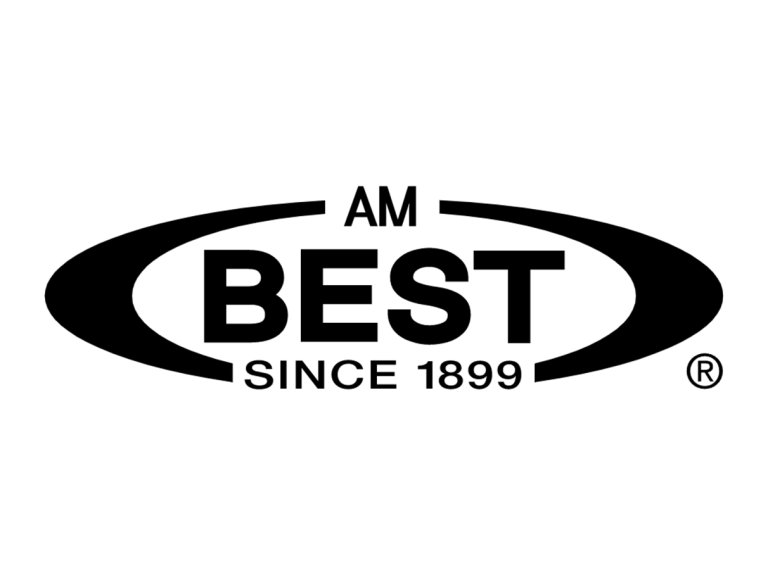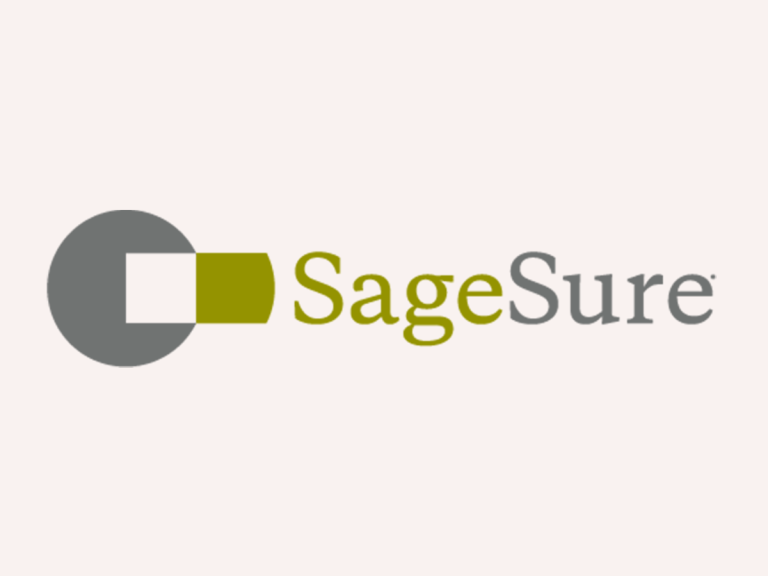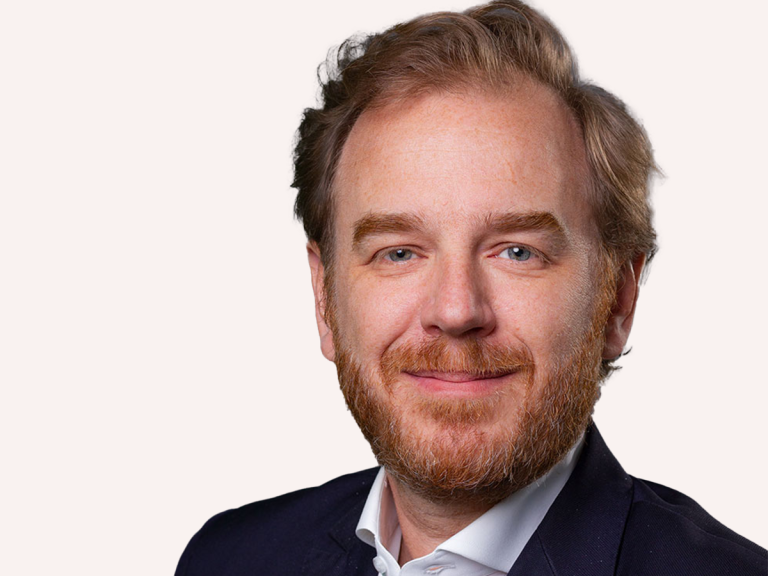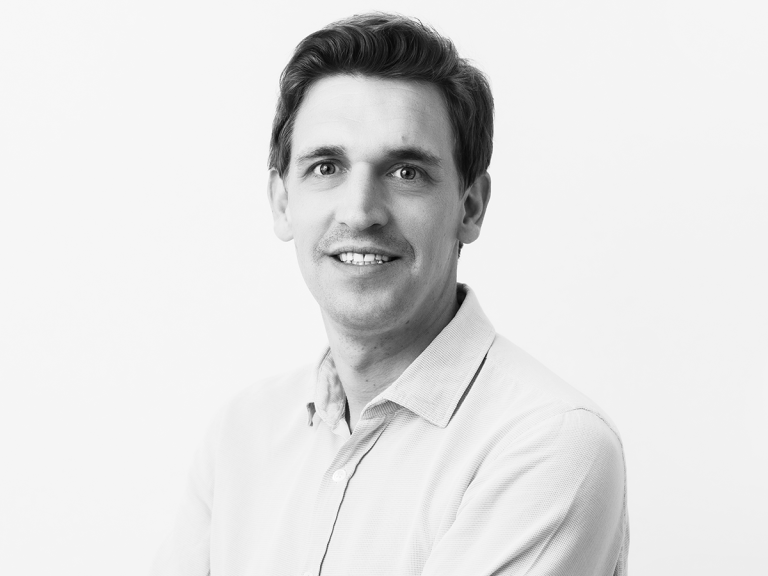Fitch Ratings has affirmed the rating of mining giant Vale S.A.’s Singapore-domiciled captive, Monticello Insurance Limited’s, (MIL) as ‘BBB’ with a stable outlook.
The ratings agency said it considers MIL a core captive of Brazilian company Vale, and as a result the insurer’s rating is linked to the parent’s rating, as they generally receive an insurer financial strength (IFS) rating equal to the issuer default rating (IDR) of the parent.
MIL’s rating is driven by expected support from its ultimate parent Vale S.A. MIL is wholly owned by Vale Holdings B.V. (VHBV), which in turn is 100% owned by Vale S.A.
Fitch said Vale has provided reasonable financial support to MIL and appears to support its continued solvency and viability through revolving loan agreements and issues letters of credit (LOCs) to fronting insurers and provides timely capital injections when needed.
Reserve calculations are vetted by MIL’s main fronting companies and calculations were periodically reviewed by a third-party actuarial group, Marsh Canada.
The last major injections totalled $241m in 2012 and 2013, and since then, there has been no need for such support.
The captive’s parent does not have a formal investment policy, and the main investment is in the form of an uncommitted revolving inter affiliate loan facility to Vale S.A., which can be redeemed in the short term and the rest is mainly held in cash.
MIL’s net earned premium was 93.2% in December 2022. The ratings agency said the insurer is protected from extremely large losses through reinsurance contracts, and the large contracts are well diversified across an adequate number of mostly ‘A-‘ rated reinsurers or above.
In 2022, MIL showed a significant improvement in its profitability index, and the ROAE was positive at 18.5%. The insurer had profits of $48.7m in the last year.
Fitch said that despite the good performance in 2022, given the nature of the risks covered, MIL’s result is very volatile and may suffer large variations depending on the assessment of its provisions, which may result in a significant deterioration in the loss ratio.
MIL’s capitalisation remains strong and leverage is quite low.
“Capitalization and leverage ratios could be negatively affected by potential large losses; however, Fitch believes parental support would be forthcoming, if needed,” the ratings agency said.


